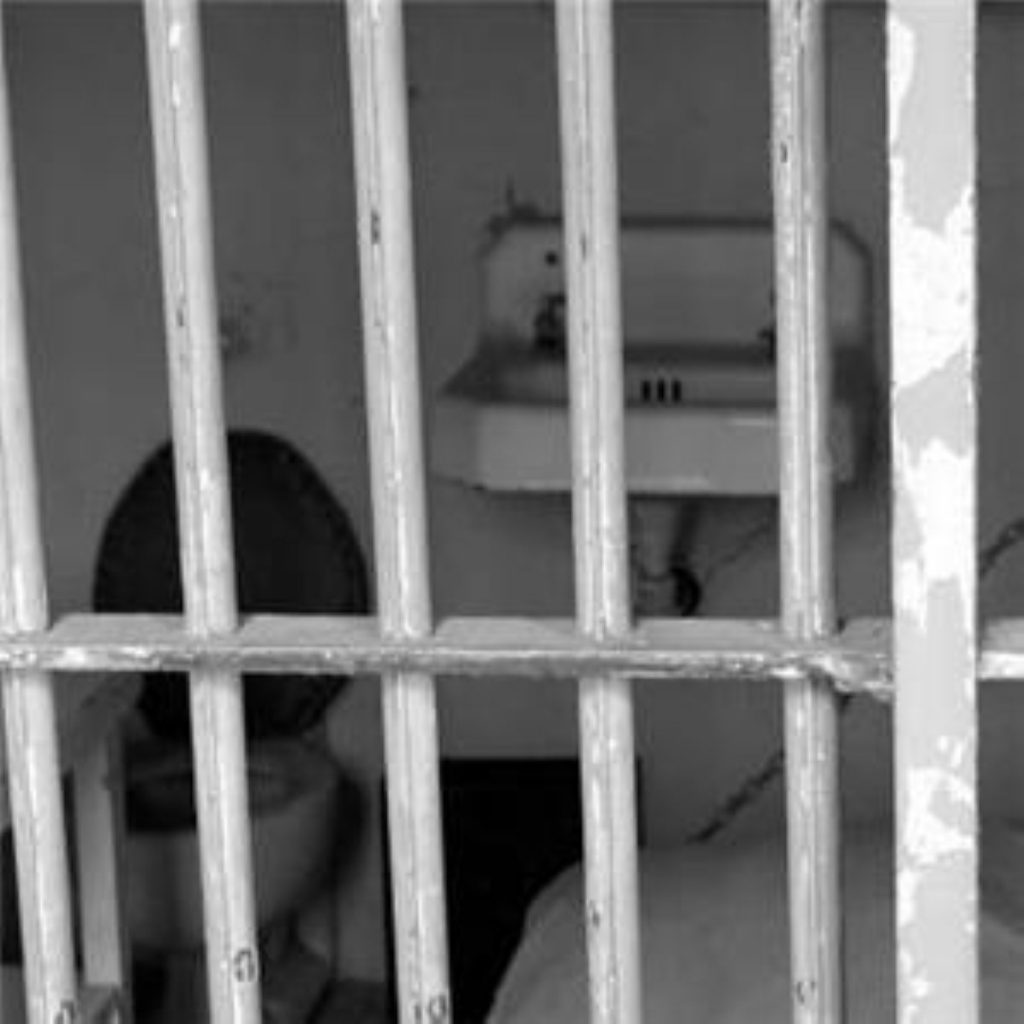Prison bad for mental health of staff and inmates
The prison environment damages the mental health of inmates and a better understanding of the factors influencing the psychological well being of prisoners could improve the quality of rehabilitation, according to a new study.
The research, published this week in the British Medical Journal, also identifies high levels of stress amongst prison staff, with the prison environment contributing to a vicious cycle of poor mental health, absenteeism and staff shortages, which in turn heightened pressure on the remaining employees and inmates.
Jo Nurse and health care colleagues from Hampshire conducted prison and prison staff focus groups in a medium security prison and a female rehabilitation unit, in southern England.
Remand, sentenced and rule 45 (those at risk of harm from the general population) prisoners volunteered to take part in sessions that had no officers present, while uniform, non-uniformed and healthcare staff all took part in separate meetings.


The relationship between prisoners and staff was identified as a key source of tension, with retaliation for bad treatment upping the ante on both sides.
Prisoners complained that isolation and a lack of stimulation, drug misuse, poor relations with prison staff, bullying and a lack of family contact impacted on mental health. Isolation in particular was found to contribute to anger, frustration, and anxiety, and led to drug abuse which is used an escape to relieve the tedium.
The prisoner focus groups stated that any activity was beneficial, be it exercise, work, or education, and non-uniformed staff agreed that education was particularly important for prisoners, especially as many prisoners have limited literacy skills.
But poor organisation in the prisons and limited resources hindered mental stimulation. Many prisoners commented that much of their free association time, outside of their cells, was spent queuing to call home, often to no avail because of a lack of time and telephones.
For employees at the prison, inevitably rising prison populations was identified as a cause of stress in staff, struggling to cope with fewer colleagues. This results in shorter periods for the inmates outside cells, and increases tension in the whole prison, they reported.
Poor management style, lack of communication, insufficient information, and lack of continuity of care for prisoners were also identified as factors that increased levels of stress in staff, who complained of decreasing levels of job satisfaction.
A macho culture was also referred to, making it less likely for officers to open up and discuss their problems with colleagues, while serious safety concerns were raised about interviewing prisoners alone, in insecure environments.
Reducing prison numbers and boosting staff provision would improve the situation, the researchers concluded, suggesting occupational health provision may alleviate high absenteeism rates.
Better staff communication, training, supervision, support, and team working would also help by reducing the amount of time prisoners are locked up, thus reducing the sum total of stress for everyone.
Figures from HM Chief Inspector of Prisons and the Department of Health show that prisoners suffer a suicide rate six times higher than in the general population, whilst research by the Office for National Statistics shows that 14% of female prisoners and 7% of male prisoners have a psychotic illness compared with an overall figure of 0.5% in the general population.











